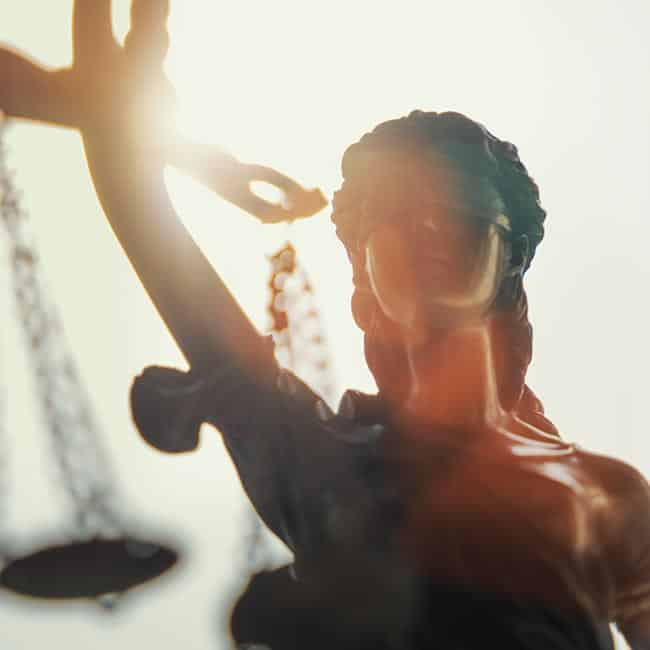
Last year, five legal observers were arrested while observing a series of protests against the then Policing, Sentencing, Crime and Courts Bill (colloquially dubbed ‘Kill the Bill’ protests). The arrests in March and April, for purported breaches of COVID restrictions in place at the time, stunned human rights groups throughout the UK and was the subject of much media coverage. Legal observers (‘LOs’)have been a permanent fixture of protests in the UK since the 1930s. They attend protests to monitor police conduct, to offer practical support to protesters by informing them about their rights at protests and to monitor any arrests made for unlawful arrest or excessive force. Their importance has been recognised by the UN Human Rights Committee who have stated that legal observers are “of particular importance for the full enjoyment of the right of peaceful Assembly”. In addition, the LOs were all either volunteers or employees of Black Protest Legal Support, an organisation set up specifically to provide assistance to black, brown and racialised protesters who are at disproportionate risk of excessive violence by police at protests, and who were all in fact arrested while monitoring the arrest of black and brown protesters. Assisted by LIBERTY, the five observers were able to get the Metropolitan Police to discontinue their prosecution under COVID regulations, on the basis that they were all exempt under the volunteering and work exemptions to the COVID regulations. We are assisting them in bringing civil actions against the Metropolitan Police on arising out of their arrests last year.
Even as the Metropolitan police have belatedly acknowledged the existence of legal observers in response to the challenge by our clients, a report released this year by the human rights organisations Article 11 and Network for Police Monitoring ‘Protecting Protest: Police Treatment of Legal Observers’ shows that we have very far to go in the treatment of legal observers. Out of the legal observers interviewed by NETPOL, 38% indicated police had poor or no knowledge of the role of LOs. 86% of respondents indicated police attitudes towards LOs as “somewhat” or “strongly negative’. The Tactical Aid Unit with Greater Manchester Police, the Metropolitan Police Service, the Ministry of Defence, Police Scotland and Merseyside Police were identified as particularly hostile towards LOs and protesters generally. 70% of LOs interviewed by Article 11 and NETPOL had experienced harassment, 75% had experienced intimidation, 70% had experienced intrusive surveillance, 75% had experienced threat of arrest and a shocking 90% had experienced aggression or physical force. Greater Manchester Police have had allegations of sexual assault brought against them by one LO.
Contrary to UNHRC guidance against restricting LOs in performance of their duties, 78% of LOs described being intimidated by police when carrying out their duties, and threatened with violence or arrest. 38% of LOs indicated that they had experienced discrimination while carrying out their functions. Class, ethnicity, height and gender were identified as particular indicators of discrimination. Black Lives Matter, Palestine and Yemen protests tend to disproportionately attract police attention.
The roles of groups like BPLS are all the important in the context of discriminatory treatment of black, brown and racialised protesters. Though the Scarman report into the Brixton riots in 1981 first acknowledged discriminatory policing, a 2020 report commissioned by NETPOL into the policing of Black Lives Matter protests showed “Excessive use of force, including baton charges, horse charges, pepper spray and violent arrest were commonly reported and well evidenced” against black and brown protesters. The report noted, for example, “For instance, pepper spray was not used in any of the XR protests, yet it was routinely used against BLM protesters by officers who were clearly not in danger.”
Now that the Police, Sentencing, Crime and Courts Bill have given police even more powers to control protests as they see fit, the importance of legal observers have never been more important. Unfortunately, as protest rights themselves come under sustained attack, increasingly legal observers are being subjected to the same violence, misogyny and racism as the protesters the aim to protect.